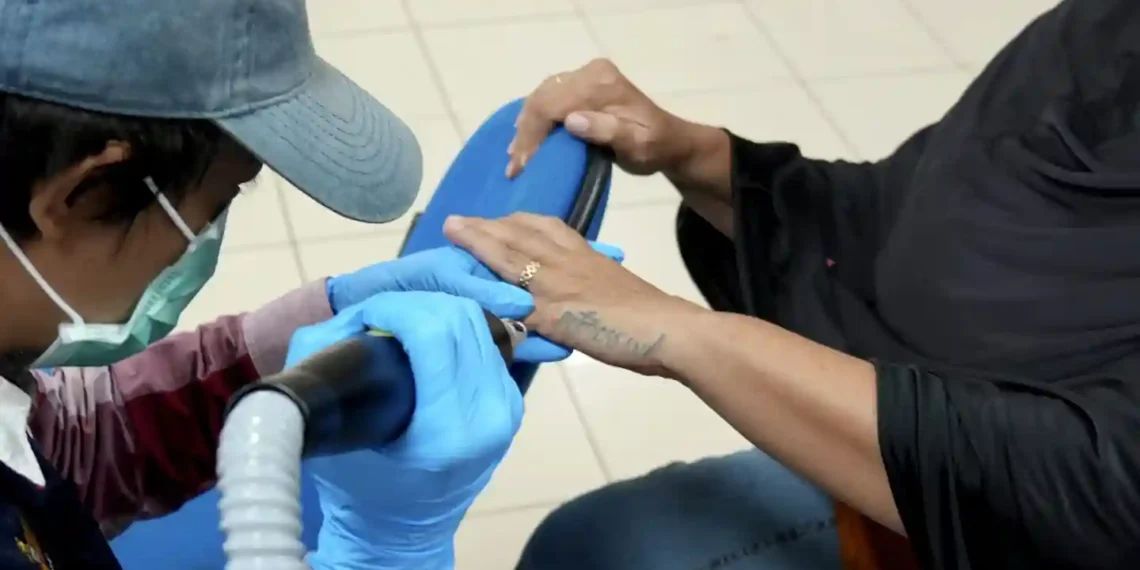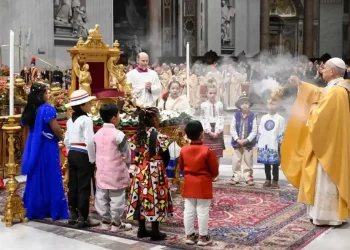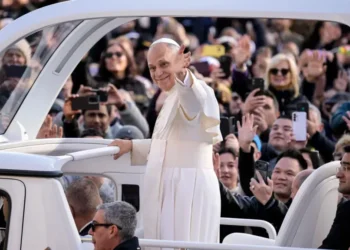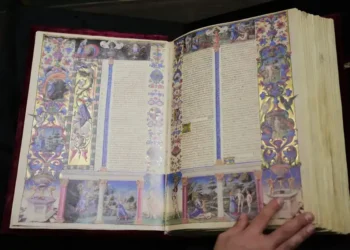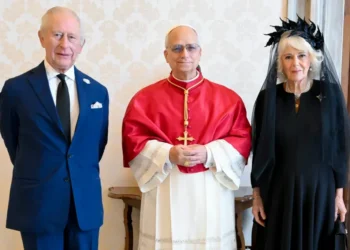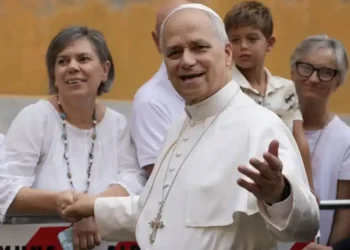Muslims Seeking Tattoo Removal as an Act of Repentance During Ramadan
Painful Process, Deep Conviction
As the sharp staccato of the laser pulses against his skin, Teguh Islean Septura winces in pain. The former musician, once covered in elaborate tattoos to fit his rock band persona, now endures the discomfort with unwavering determination. For him, this is more than just tattoo removal—it is a spiritual journey toward repentance during the holy month of Ramadan.
“As humans, sometimes we make mistakes. Now I want to improve myself by moving closer to God,” says the 30-year-old, watching as a health worker aims a white laser wand at his skin, breaking down the red, green, and black ink. “God gave me clean skin, and I ruined it. That’s what I regret now.”
A Growing Movement for Tattoo Removal
Septura is just one of many Indonesians participating in a free tattoo removal program run by the Amil Zakat National Agency, an Islamic charity. Launched in 2019, the initiative provides an opportunity for practicing Muslims to “repent” and move closer to their faith by removing tattoos, which are often seen as altering the body given by God.
The service is particularly sought after during Ramadan, a time of fasting, worship, and self-reflection. This year alone, around 700 people have registered for the program, adding to the nearly 3,000 who have undergone the procedure since its inception.
“We want to pave the way for people who want to hijrah (move closer to God), including those who want to remove their tattoos,” explains Mohammad Asep Wahyudi, a program coordinator. Many participants, he adds, struggle with the high costs of tattoo removal and are unaware of safe removal options.
High Costs and Cultural Stigma
Laser tattoo removal is expensive, requiring multiple sessions that can total thousands of dollars, particularly for individuals with extensive ink like Septura. For many, the financial barrier makes this free service a rare opportunity.
Beyond religious motivations, cultural stigma also plays a significant role. In some parts of Asia, tattoos are still associated with gangs and criminality. In Indonesia, this perception extends to women, who may be seen as promiscuous or unsuitable for marriage if they have visible tattoos.
Personal Stories of Regret and Renewal
Sri Indrayati, 52, tattooed her first daughter’s name on her hand when she was 22. Over time, her perspective changed, especially as her grandchildren began asking why she had “dirty, thick marker writing” on her skin.
“When I take my grandson to school, the children whisper to each other: ‘Look at that grandma, she has a tattoo!’” she shares.
Similarly, Evalia Zadora, 36, got inked as a teenager to fit into a gang. She adorned her back with a large star and her chest with the words “Hope, Love, and Rock & Roll.” Now, she wishes to erase them for religious reasons and out of respect for her family.
“The negative perception of tattooed people doesn’t bother me personally, but it affects my husband and son,” says Zadora. “They feel uncomfortable with my tattoos, and I respect their feelings, so I want to remove them.”
A Path to Redemption
For many Muslims in Indonesia, removing their tattoos during Ramadan is more than a cosmetic procedure—it is a deeply personal act of faith and renewal. As more individuals seek to align their physical appearance with their spiritual beliefs, programs like this offer not just a second chance, but a path toward inner peace and societal acceptance.
This article was rewritten by JournosNews.com based on verified reporting from trusted sources. The content has been independently reviewed, fact-checked, and edited for accuracy, neutrality, tone, and global readability in accordance with Google News and AdSense standards.
All opinions, quotes, or statements from contributors, experts, or sourced organizations do not necessarily reflect the views of JournosNews.com. JournosNews.com maintains full editorial independence from any external funders, sponsors, or organizations.
Stay informed with JournosNews.com — your trusted source for verified global reporting and in-depth analysis. Follow us on Google News, BlueSky, and X for real-time updates.
